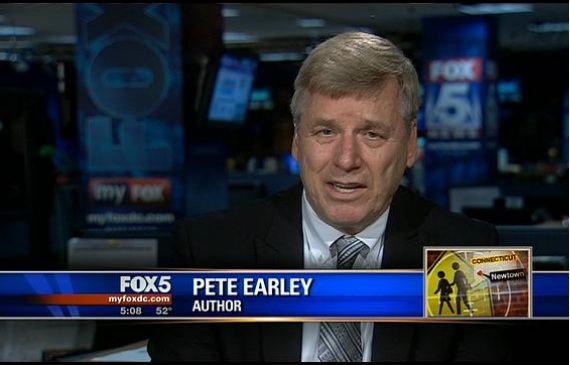
(7-8-16) Dear Pete, In your recent blog post, “Violence and Mental Illness: An Uncomfortable Subject But A Grim Reality For Some Families,” there are frequent references to “warning signs.” Please tell us what all the warning signs are. –K. Y.
I passed this email request to my friend and fellow advocate Doris Fuller, Chief of Research and Public Affairs at the Treatment Advocacy Center, who wrote poignantly and eloquently in the Washington Post about her own daughter’s illness and eventual suicide. Here is her thoughtful reply.
Red Flags for Family Violence
Risk factors
Most people with serious mental illness are not violent. However, a small percentage not being treated may be violent toward family members or others. According to Surviving Schizophrenia: A Family Manual, the three most important predictors of violence are:
- Past history or threats of violence, against family members or others;
- Concurrent alcohol or drug abuse; and
- Failure to take prescribed antipsychotic medications.
Additional risk factors that have been found to be significant are:
- Being 20 to 35 years old
- Delusions of being persecuted, watched or attacked (“paranoia”)
- “Command hallucinations” that order the person to engage in a specific behavior (e.g., hearing a “voice” that orders the person to commit a violent act to end world hunger)
As the number of risk factors present increases, risk increases.





